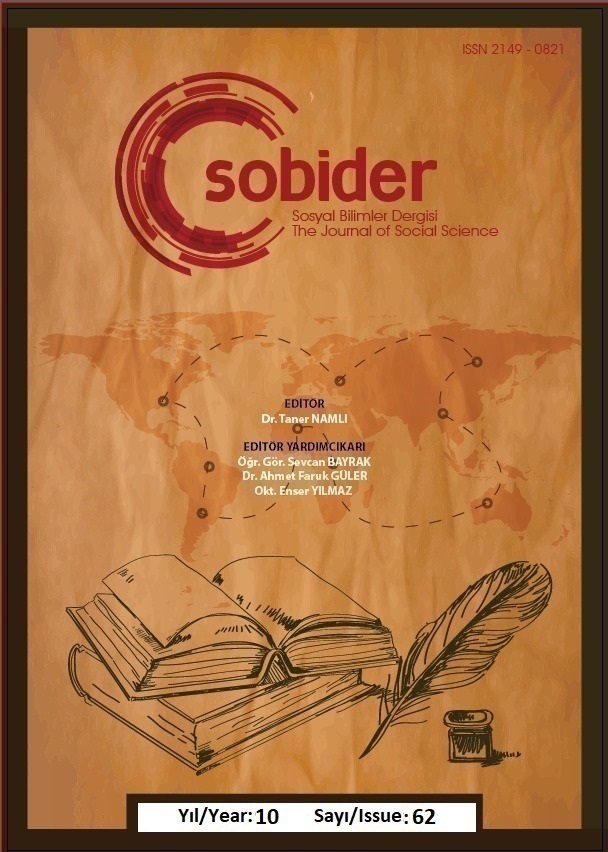Author :
Abstract
Kişiselcilik kişinin önemini vurgulayan entelektüel bir duruştur. Kişiselcilik, insana olduğu kadar- en azından çoğu personalist için-ilahi kişiliğe nihai gerçeklik ve değer verir. Kişiselciliğin çok farklı biçimleri mevcuttur, bu onu felsefi ve teolojik bir hareket olarak tanımlamayı biraz zorlaştırır. Emmanuel Mounier’nin düşüncesi, Esprit’ten damıtılan ve varoluşçuluk ile ortak bir temeli paylaşan içgörüler de dahil olmak üzere Fransız Kişiselciliğini temsil eder. Mounier’nin düşüncesi toplulukçu kişiselcilikle özdeştirilir. Mounier için kişiselcilik temel kabulünü özgür ve yaratıcı kişilerin varoluşunun oluşturduğu bir felsefedir. Mounier bize kişiselciliğin sadece bir tavır olmadığını, onun bir felsefe olduğunu ancak bir sistem olmadığını söyler. Mounier’nin kişiselciliğinde kişi, bir kişiler topluluğunda yer alır ve öznelliği ve iletişimi ve topluluğu devam ettirmek için eylemde bulunmayı içeren biricik/benzersiz bir yaşam yaşar. Kişinin ilk deneyimi ikinci kişinin deneyimidir: “Sen” ve dolayısıyla “biz”, “ben”den önce gelir. Kişiselcilik etkinliği, aksiyon halindeki kişiyi önerir . Kişi kendini açar ve kendini anlatır, hayata açık bir çehre ile bakar. Kişiler toplumu özgür insanların toplumudur.
Keywords
Abstract
Personalism is an intellectual stance that emphasizes the importance of the person . Personalism posits ultimate reality and value in personhood – human as well as (at least for most personalists) divine. Personalism exists in many different versions, and this makes it somewhat difficult to define as a philosophical and theological movement. Emmanuel Mounier's thought represents French Personalism, including insights distilled from Esprit, and sharing common ground with existentialism. Mounier's thought is identified with communitarian personalism. For Mounier, personalism is a philosophy whose central affirmation is the existence of free and creative persons. Mounier tells us that “Personalism is a philosophy, it is not merely an attitude. It is a philosophy but not a system. In Mounier's personalism, the person is situated in a community of persons, and lives a unique life which includes subjectivity, communication and engaging in action to sustain the community. The first experience of a person is the experience of the second person: the you and therefore the we come before the I. Personalism suggests activity, man in action. The person discloses and explains itself, it faces life with an open countenance. The society of persons is the society of free people.





